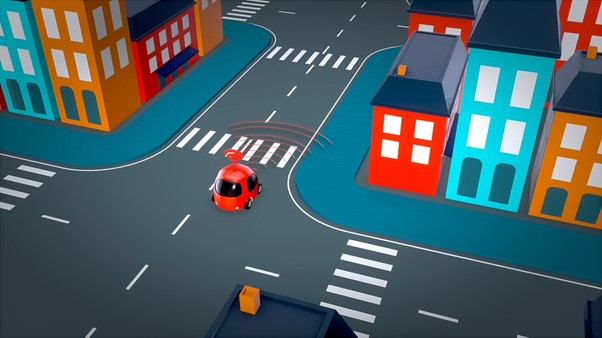
At face value, there are plenty of benefits to the idea of self-driving cars. From reducing numbers of drugged or drunk drivers to potentially acting as a taxi service, there is certainly an idealism to the notion.
In theory, these cars would be exemplary drivers that perfectly obey the rules of the road. However, as we all well know, a lot of good driving comes down to interacting with and responding to other drivers. Would autonomous cars be able to predict their human counterparts? And if not, what does that mean for the likelihood of collisions, and fault?
The Risks of Self-Driving Cars
While self-driving cars are an idealism in terms of decreasing speeding and driving offences, it is also plausible that, for them to properly function, there will be an unavoidable rise in data usage, product liability, and unfortunately, car hacking.
Driverless cars in the UK are already starting to be seen in major cities. Despite this, the widespread availability of self-driving cars is not yet clear. This may be a good thing, because there are still many questions to answer regarding driverless car laws before they can gain popularity. Who will the data collected by the car legally belong to? How will self-driving vehicles affect insurance? What blame will lie with the manufacturer when it comes to the car’s behaviour, and what will lie with the owner of the car?
While the technology of driverless vehicles promises to decrease road accidents and increase passenger safety, it cannot promise to eradicate them entirely. Currently, 94% of car accidents involve human error, which demands more clarity around what will happen when there are no humans directly involved to blame.
What We Know So Far
Elaine Herzberg
In 2018, the first known case of a death caused by a driverless car accident occurred. When wheeling her bicycle across the road, Elaine Herzberg was hit by a self-driving Volvo as part of an Uber trial. While there was a back-up driver present, he was not paying enough attention to step in, and has since been charged with negligent homicide.
This case gives us an idea of the potential charges regarding self-driving vehicles in one specific situation, but there is still much progress to be made for fully driverless cars in the future that may not even come fit with a steering wheel.
The Highway Code
We also know that it will be legal to watch films and check emails on built-in display screens while the vehicle is in control of the driving. However, the use of mobile phones will still be prohibited.
Changes to the Highway Code to reflect these laws are expected to be made in the Summer, with a full framework hopefully in place by 2025.
So Who Will be at Fault?
Unfortunately, for now, the answer on where the blame lies with driverless car accidents isn’t yet clear. It seems that there will be some kind of combination of fault between drivers, owners and manufacturers, but it may be likely that we see charges and blame fall on a case-by-case basis.
The UK Government have stated that more information will be released this year, but until then, we can only continue the debate.
Stay Protected with Howells Solicitors
In the meantime, we at Howells Solicitors can provide you with any help you need regarding personal injury, whether this involves a collision or otherwise.
For more information or to discuss your eligibility, get in touch with us today.

